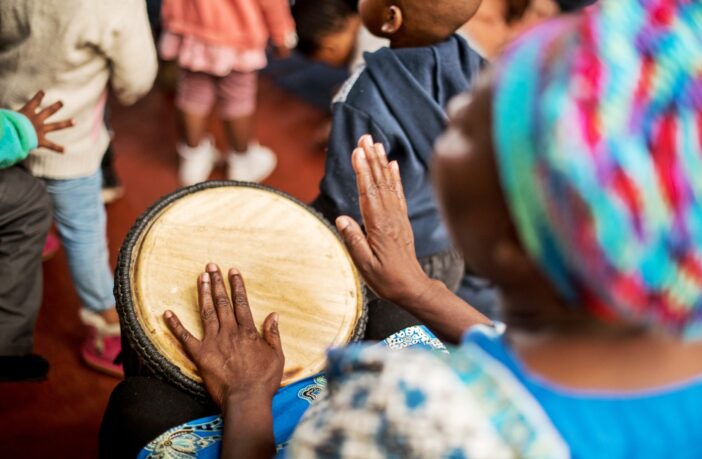Juneteenth, recognized each June 19, commemorates the day when slaves in Texas learned they were free. Today, the historic moment is commemorated within the African-American community with traditions that many people still practice today. (Credit: Unsplash / Oladimeji Odunsi)
By Gabrielle Howard
AFRO Intern
ghoward@afro.com
Each year millions of people throughout the country celebrate Juneteenth. The holiday, made official in 2021, is the perfect time to uphold sacred traditions and give thanks to the ancestors who have paved the way.
In a day and age where history is being rewritten and retold it’s important now, more than ever, to uphold traditions of the Black community.
Sign up for our Daily eBlast to get coverage on Black communities from the media company who has been doing it right for over 130 years.
Dr. Clinton Bolton, a respected psychologist, believes upholding tradition can give way a strong sense of ancestral connection and belonging.
“Honoring tradition allows individuals to reflect on the progress made and the ongoing fight for equality, fostering a profound connection to their ancestry and boosting self-esteem,” said Bolton. “It also has the ability to heal generations from the epigenetic trauma of slavery.”
Whether it’s reading Black literature, attending a cookout or learning something new about Black history– members of the Black community have a variety of options when it comes to grounding oneself in the pride and identity that accompanies many Black traditions.
As the Black community has faced– and continues to face– generational trauma and family displacement, honoring Black triumphs in time on an annual basis can help preserve the rich heritage of African Americans and their holidays, like Juneteenth and Kwanzaa.
The calls to bring back certain Black traditions from the old days, such as eating together, supporting the work of griots who pass down stories, drum circles, attending homecomings at a hometown church, quilting or simply spending time with elders is growing louder.
Bolton said that participating in Black community rituals can go a long way in “preserving the memory of past struggles and triumphs, such as the emancipation of enslaved African Americans in 1865.”
“This is crucial for resilience and empowerment,” he added. “It highlights the endurance and strength of the Black community.”
Psychiatric nurse Robyn Manning agrees, saying in an AFRO interview that Juneteenth marries the ideas of identity and empowerment.
“Understanding where we come from is empowering,” said Manning. “Without having a sense of identity, it really is hard to stand on anything.”
Get your AFRO A CARD today!
Help us Continue to tell OUR Story and join the AFRO family as a member. Members will receive exclusive journalism, and directly support the future of the AFRO. You can choose from three membership plans below.



